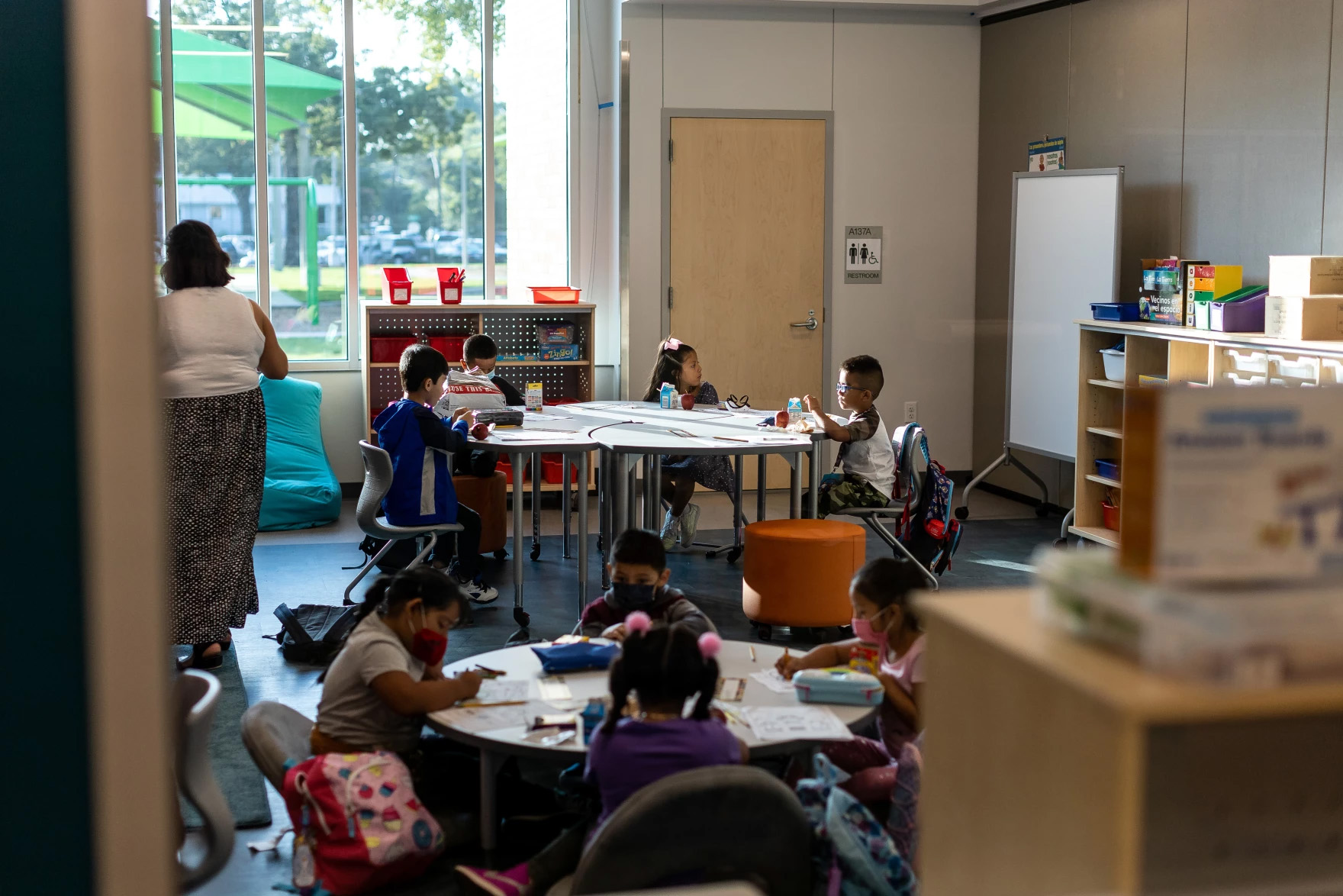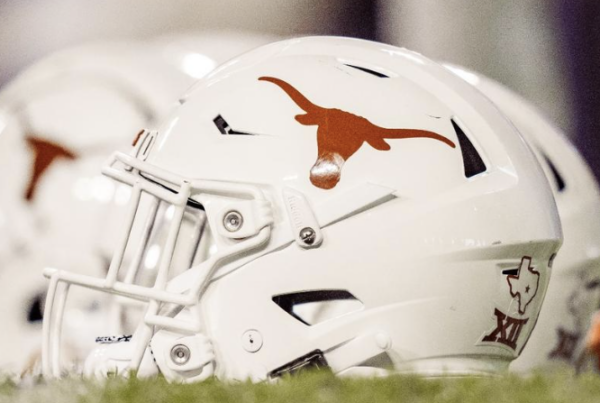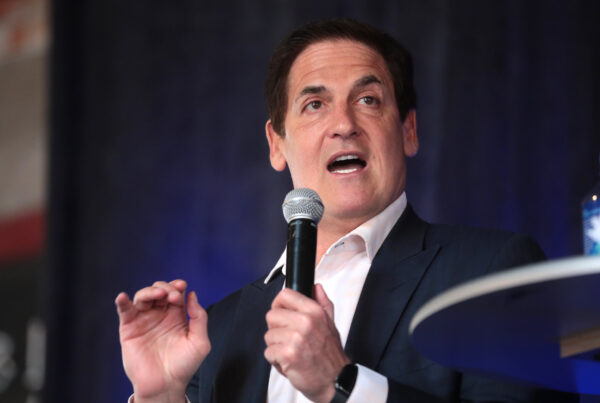From the Texas Newsroom:
Many Texas public school teachers are struggling financially. Recent data shows their annual salaries are nearly $8,000 less than the national average.
All year long, Texas teachers have been hoping the Texas Legislature would pass measures to increase teacher pay. And during the current special legislative session, the state’s fourth this year, lawmakers filed a proposal that would have given them those sought-after raises.
But that measure died in the Texas House earlier this month after a coalition of rural Republicans and Democrats took out a provision that would have created education savings accounts. That voucher-like program would have given families public funds to use towards private school tuition and other education expenses.
The Texas Newsroom talked to teachers from across the state who said losing that salary bump was worth it if it keeps school vouchers at bay.
While many teachers have received cost-of-living adjustments that have translated to about an extra hundred dollars per paycheck, some still feel like they need to take a second — or even third — job to make ends meet.
Raven Morris, Princeton ISD
From Monday through Friday, Raven Morris teaches reading language arts at Princeton Independent School District outside of Plano.
But her week doesn’t end there. From Friday evening to Sunday, Morris works at Trader Joe’s in McKinney.
As a teacher, she makes about $59,000. That’s not enough for Morris to cover her rent, utilities, car loan and car insurance, making supplemental income from her part-time job essential.
Still, Morris said she’d rather not have a salary bump if that means no school vouchers in the state.
“You want to have high quality teachers and public education, especially if you’re introducing vouchers, that could take those really high quality teachers and place them in private institutions or could increase the workload on public school teachers.”
She said she barely has days off and it is impossible to do anything else, including hanging out with friends.
Cristal Johnson, Spring ISD
It’s safe to say most public school teachers aren’t in it for the money.
That’s something that Cristal Johnson knew nearly a decade ago when she left her private sector engineering job.
“Coming into this industry, I knew that there would be an income difference,” she said. “What I did not anticipate when becoming a teacher — besides anticipating that I would love what I do — I did not anticipate that I would struggle to make ends meet.”
She teaches engineering and robotics to high schoolers. Her salary right now is mid-$60,000, but that’s only because she has taken on extra responsibilities, like coaching, serving as a team lead and tutoring after school.
At some point, she fell into the cycle of pay-day loans. Research shows that these loans are harmful to borrowers, in part, because the payments required are too big, and they are encouraged to refinance.
While she’s doing better now, Johnson said a salary increase would still be very helpful.
But she doesn’t want school vouchers. So, she’s made peace with not having a salary bump this year.
Evan Engwall, Duncanville ISD
As an elementary school interventionist, Evan Engwall spends his days working with small groups of students who need help with reading and math.
He’s been teaching for 21 years, and his current salary is about $70,000.
Engwall said a salary increase would be a big help as he approaches retirement.
“The final years of salary are really important because, generally, count towards our retirement and how that’s calculated. So, definitely that would help in my future.”
But Engwall draws the line with vouchers, and said he supports those lawmakers who recently voted against the education savings accounts programs.
He said lawmakers should focus instead on funding public schools.
K’Lyssa Moore, Lubbock ISD
Teaching kindergarten is K’Lyssa Moore’s passion. She said that’s the grade level where most growth happens. When many of her kids start school, they don’t know things like letters or how to spell their names. She loves watching her students learn these things.
“It’s fun for me,” Moore said. “When you see someone who has been struggling with something and then they get it. Those are the moments that make it worth it for me.”
Moore teaches at a Title I school where many of the students are low-income. She worries about how education savings accounts, or any program that diverts money from public schools, would affect schools.
“All that will happen is public schools like mine — that are already serving a lower-income population — we’re just going to lose out on more funding.”
Moore said Gov. Greg Abbott and other lawmakers should come to her classroom. She thinks if they see how much teachers do in a school where kids are hungry, they might better support public schools.
She has been teaching for 13 years and she gets paid about $50,000 a year.














